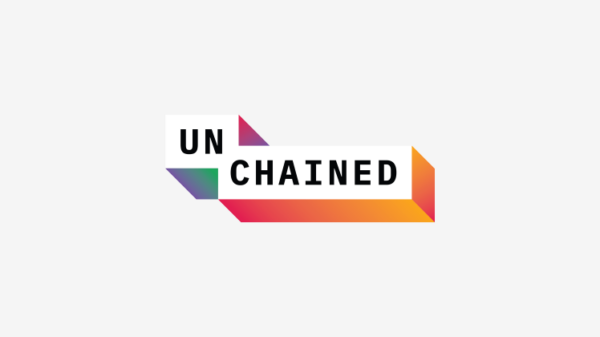The Financial Accounting Standards Board (FASB) has implemented a groundbreaking decision mandating that companies account for crypto assets at fair value. This significant change, effective for fiscal years starting after December 15, 2024, is anticipated to catalyze mainstream institutional adoption of digital assets. The full implementation will take place for reporting in 2025, ultimately transforming how publicly traded companies incorporate digital assets into their financial statements.
Historically, under existing U.S. GAAP, digital assets were classified as intangible assets, necessitating impairment testing. This accounting method required companies to record losses when the market price of a crypto asset fell below its acquisition cost, while gains could only be recognized upon sale. Such a “write-downs only” approach discouraged many corporate treasuries from investing in Bitcoin or Ethereum, leading to potentially misleading financial statements.
The new fair value accounting model eliminates the need for complex impairment tests, thereby reducing administrative burdens on businesses. This shift not only reflects the current market value of crypto holdings but also enhances transparency, allowing investors to gain a clearer understanding of a company”s financial health. Additionally, the predictability introduced by fair value reporting is essential for strategic financial planning and can bolster investor confidence.
Institutional Engagement and Market Implications
This FASB update is poised to significantly drive institutional interest in digital assets. By removing the asymmetric accounting treatment that previously dissuaded large corporations, the revised standard creates a more appealing landscape for crypto as a treasury asset or payment method. This clarity is particularly important for Chief Financial Officers (CFOs) and corporate boards, who can now engage with digital assets without the fear of complicated accounting implications.
The implications of this accounting change extend beyond the financial departments of companies. Enhanced corporate adoption of digital assets could lead to increased capital inflows into the broader crypto market, especially for established assets like Bitcoin and Ethereum. Furthermore, given the influence of U.S. standards on global practices, this ruling could inspire similar regulatory frameworks internationally, promoting a more harmonious global digital asset ecosystem.
Key Provisions of the New Accounting Standard
The FASB”s new standard encompasses several crucial provisions for companies reporting their digital asset holdings:
- Fair Value Measurement: All applicable digital assets must be measured at fair value, with changes recognized in net income for each reporting period.
- Balance Sheet Presentation: Digital assets are to be represented separately from other assets on the balance sheet.
- Enhanced Disclosures: Companies are required to provide detailed disclosures about their digital asset holdings, including reconciliations and significant terms.
- Definition of In-Scope Assets: The standard applies to digital assets that are fungible, do not confer enforceable rights to underlying goods or services, and are secured by cryptography.
In conclusion, the FASB”s mandate for fair value accounting represents a watershed moment in the evolution of the digital asset industry. This adjustment is not merely an accounting update; it signifies a recognition of the increasing relevance of digital assets in the global financial landscape. By establishing a framework of clarity and consistency, FASB has set the stage for widespread institutional adoption, paving the way for a future where digital assets become integral to corporate financial strategies. As we approach 2026, the financial world will watch closely as companies adapt their practices to leverage these new accounting freedoms.















































































